Agriculture & Natural Resources
Below are some of UGA Extension's most broadly useful resources for those involved in agriculture on the farm, in schools, and around the home.
Production Agriculture
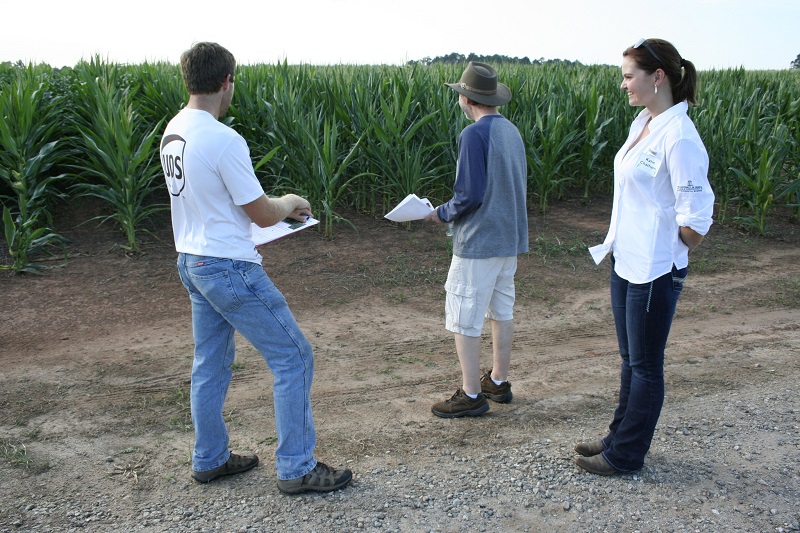
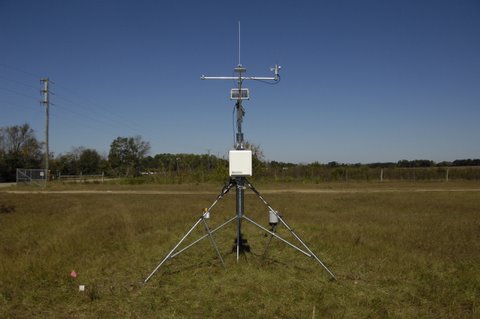
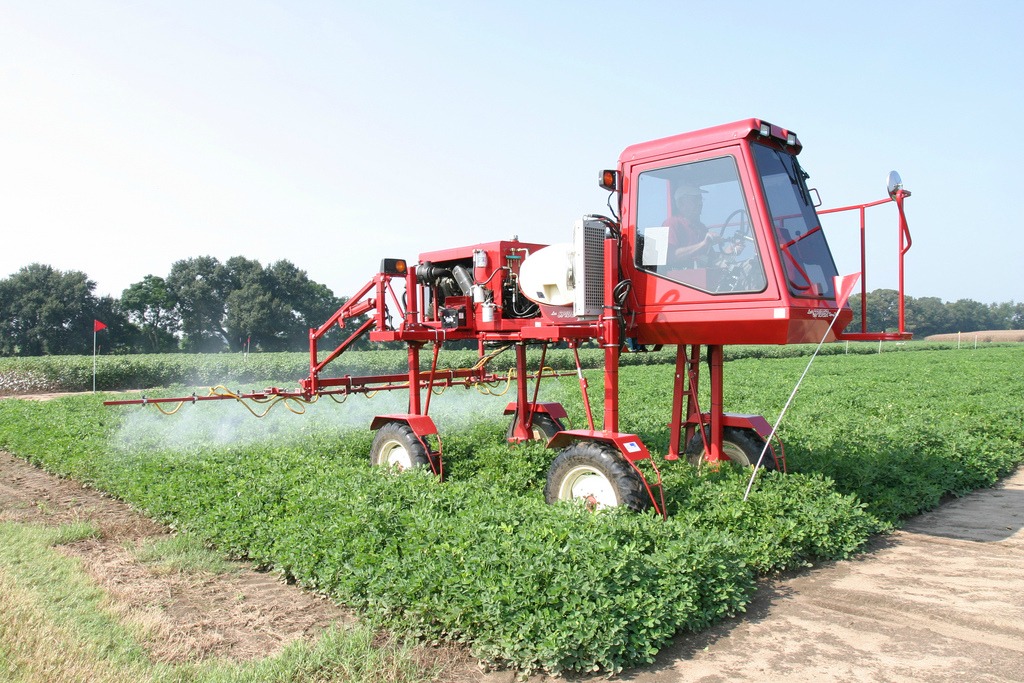
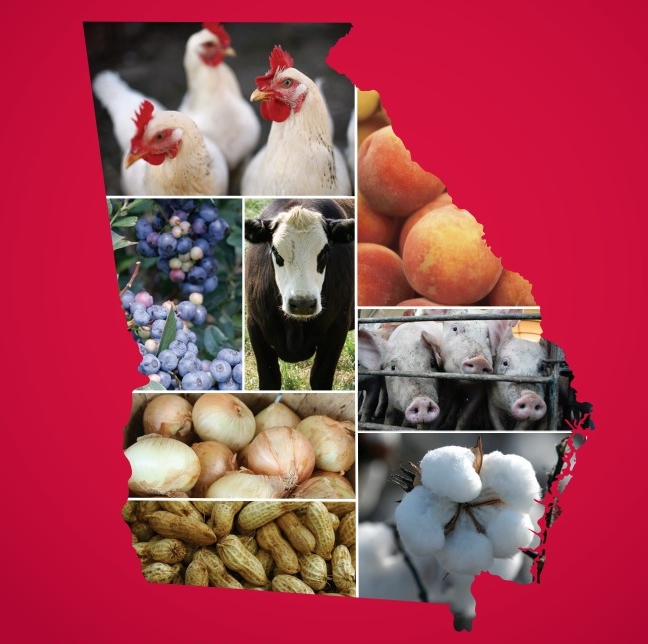
Home & Garden
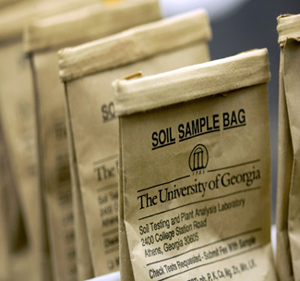
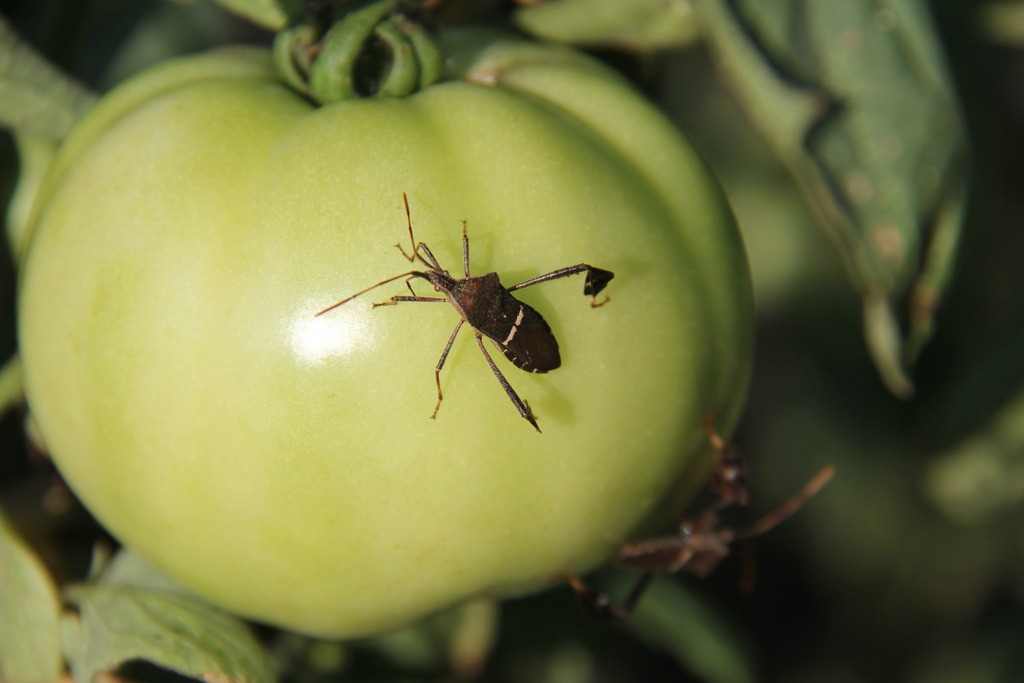
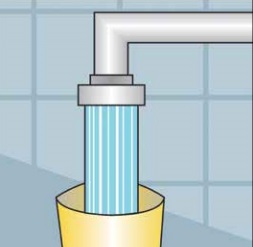
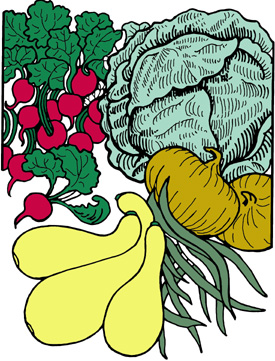
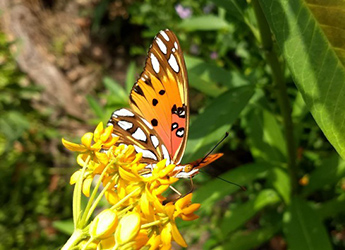
Schools
Private Pesticide Applicators License
Click on the each link in the order listed below for help in obtaining your Private Pesticide License. Each step is important, if you have any questions please call or come by the Pickens County Extension Office.
- Vimeo Video Instruction Video for Private Applicators. Please view this short video before proceeding, it is required in order to complete the next step.
- Private Pesticide Applicator Certification Site
- This form must be signed and notarized before submitting to the Extension Office. Affidavit
